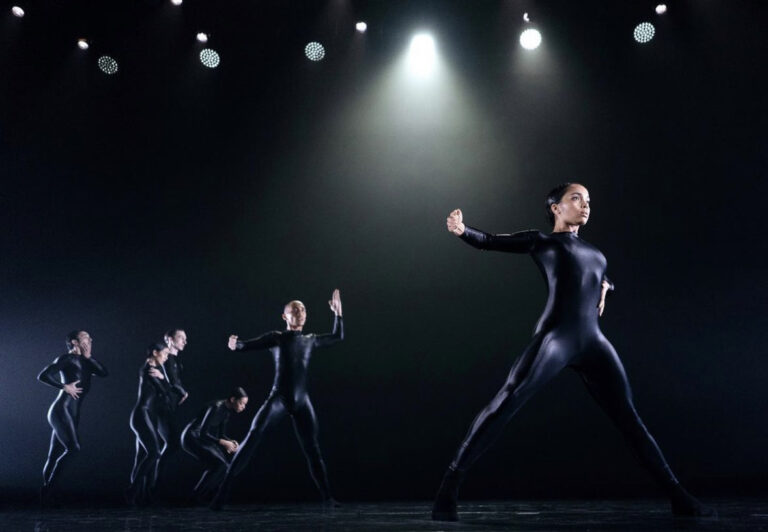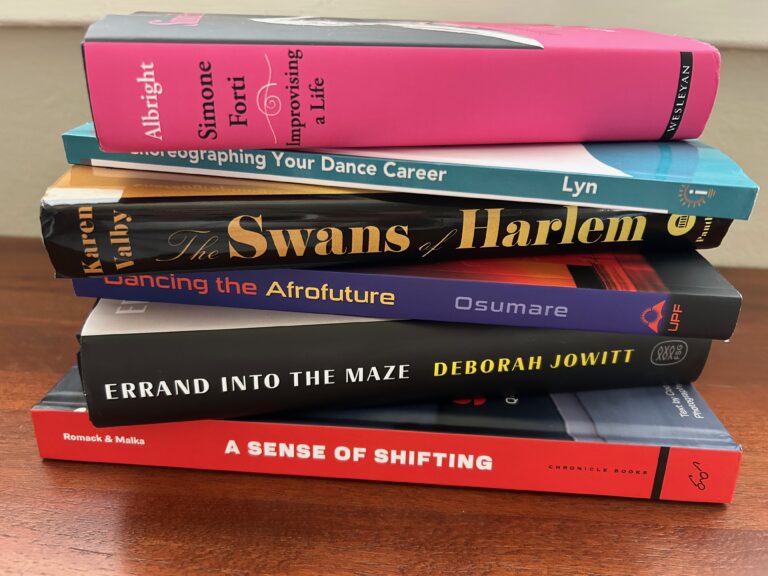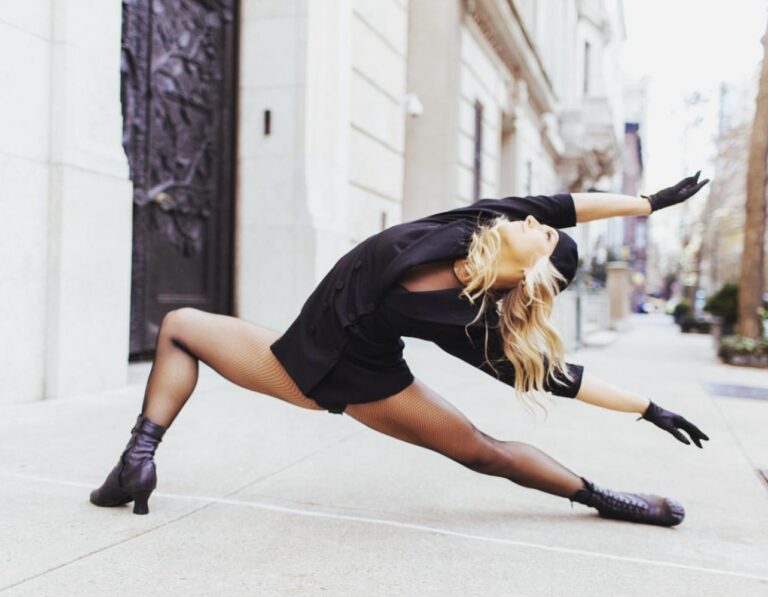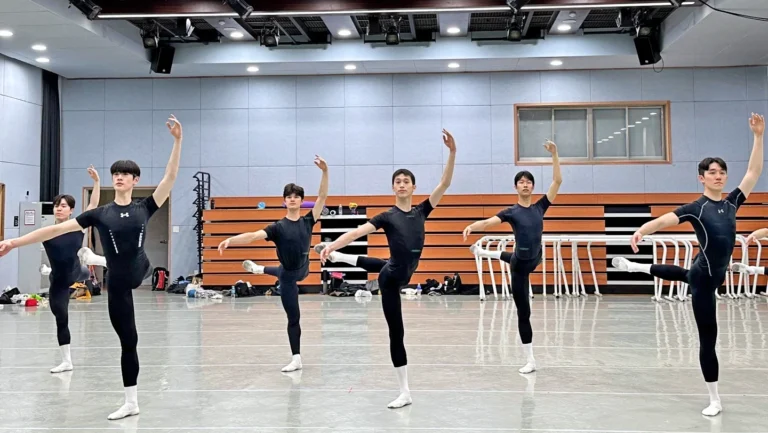Although the weather is cooling down, the rapidly approaching competition season may be bringing your stress level to the boiling point. Stress can take a toll on your physical, mental and emotional health, and make for a miserable competition experience. But help is on the way. We’ve gathered advice from three pros to help you banish anxiety and sail through this season with a smile.
THE EXPERTS
- Kelly McEvoy: Director, The Dance Centre, Skippack, Pennsylvania
- Anthony Morigerato: Choreographer and teacher, New York, New York
- Anna White: Dance instructor, Melinda Leigh Performing Arts Center, Mobile, Alabama
THE ADVICE
Plan in advance to reduce stress in the long run.
McEvoy: If 90 percent of the choreo-graphy is done before the school year starts, that gets rid of 90 percent of the stress. Then you have time to tweak your choreography and play with the timing and the spacing, and that’s very important. We schedule a three-week intensive in the summer, and by the end of August, the teachers are required to have 90 percent of their choreography completed.
Communicate for success.
White: A couple of weeks before competition, we give the kids a checklist of everything they need. They have to bring a two-gallon Ziploc bag for every dance they’re in, and we actually pack their clothes together in the studio. We have index cards that tell them what color tights and shoes, and they pack all that in the bag, too. Right before each competition they get new index cards with the name of their dance, the
number and what time it’s supposed to be performed. That way, when they get to competition, they can just look at the cards and say, “Okay, my hair’s supposed to be like this.” That takes stress away from the teachers because we don’t have 85 parents coming up to us saying, “Is her hair supposed to be in a ponytail or down for this dance?”
Schedule “me” time.
Morigerato: Take time for you. For me, simply going to see a movie or just doing something that’s not related to dance or teaching is enough to ease my mind. It’s refreshing to be able to come back and get the work done after that because you’re energized.
White: I set up an exercise schedule. Whether it’s playing tennis or running, I try to keep that up so I have my own personal time, which is the first thing to run away during competition season. I’ll plan to take a bubble bath or play tennis with a friend and have lunch afterward. It helps my sanity knowing that, even if it’s just once a week, I have that time just for me—and I’ve scheduled it in, so I’m not going to burn CDs for competition all day and I’m not going to fill out worksheets. I have that hour to look forward to.
Remember that laughter is the best medicine.
White: Having a sense of humor plays a big role in being a competition teacher—you can either laugh off the mistakes that students made, or you can laugh off the nervousness. Or, if you forget something, you can laugh it off and say, “Okay, let’s make the best of it and keep going,” because otherwise it becomes too stressful.
Being backstage can be so cutthroat with some of the other studios. We encourage the kids and staff to meet the other instructors and dancers and joke around with them and start friendships. When the students see their competitors as friends, and when I see my social peers and teachers as friends, it really helps to respect others and makes it more relaxing.
Check your perspective and remember why you are there.
McEvoy: You can’t take it too seriously. We don’t go to win. If we win, that’s a bonus. We go to take class, experience different master teachers, see different schools and find out how other kids dance. That takes the stress off a lot. I’m happy as long as they do their best and they act professionally. That’s huge for me. I don’t care about the trophy; I care about how my kids act, how my kids dance and whether they have fun. Performing is just part of the experience.
Morigerato: I love what I do. If stress is really too much of a factor for people, then they shouldn’t be involved in competitions, because the stress they carry can get passed on to their students, and that’s not a conducive or productive environment for teaching children.
Students eventually become a mirror of their teachers. They become what they’ve learned. So if you’re a teacher, you should really love it. You shouldn’t be in it for kids to win plastic. You should be in it for them to learn to be
better dancers and use competition as a tool to help them realize that goal. And if the teachers were able to think about that a bit more, then competition wouldn’t be as stressful and it would be a better environment for the kids, the teachers and the parents. DT
Dana Grunklee is a dance writer and educator living in New York City.



